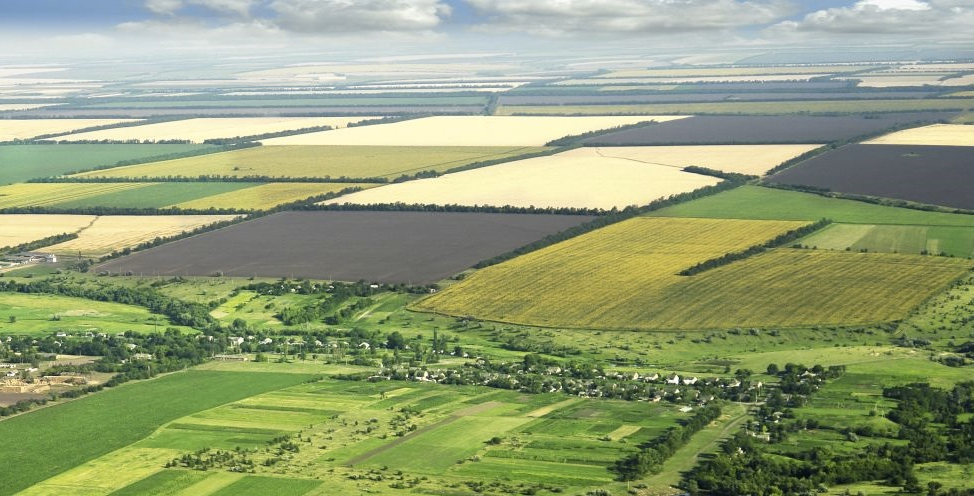
One in 4 land sales in rural areas were for a new business in the past 6 months, according to figures from RICS.
The land sales for non-farming cottage industries were up from 18% in the first half of 2015.
The South East had the largest percentage of new non-farming businesses at 32% of all land sales.
‘Trendy’ spots less fashionable
RICS Head of Policy Jeremy Blackburn sees this as a sign that young entrepreneurs no longer feel they have to be based in central locations or “trendy East London” to make an impact.
Suzanne Moss of Strutt & Parker’s Inverness office says: “The disparity between property prices in London and South East of England against those in rural areas, especially the north of Scotland, are huge. These days so many businesses no longer rely on having to actually have face to face contact with clients and customers so being able to buy a large property with outbuildings for offices and a bit of land for family life makes a lot of sense. We sell quite a lot of houses to people from more expensive urban areas who have their own business and get more value for their money whilst also have more space for their families.”
The global fall in crop prices has seen rural land prices drop. And the survey found that 34% more rural surveyors are expecting rural land prices to fall further over the next 12 months than rise.
This is partly due to an expected drop in demand for rural land from the farming sector over the next year. In the last half of 2015, the only areas that saw a rise in demand for land were the North East and South East.
At the same time, commercial and residential property prices in towns and cities are continuing to rise.
These market conditions are creating a wave of new types of rural business, says Blackburn who is urging the government and other bodies to help support the trend further and help countryside communities to thrive.
Connecting land owners to start-ups
The RICS is currently working with the Fresh Start Land Enterprise Centre to develop a pilot ‘matching service’ for potential land entrepreneurs.
This aims to bring together those looking for new opportunities with those who have land and rural real estate to let.
RICS Chief Economist Simon Rubinsohn says rural land is increasingly becoming more attractive to those outside traditional farming communities.
